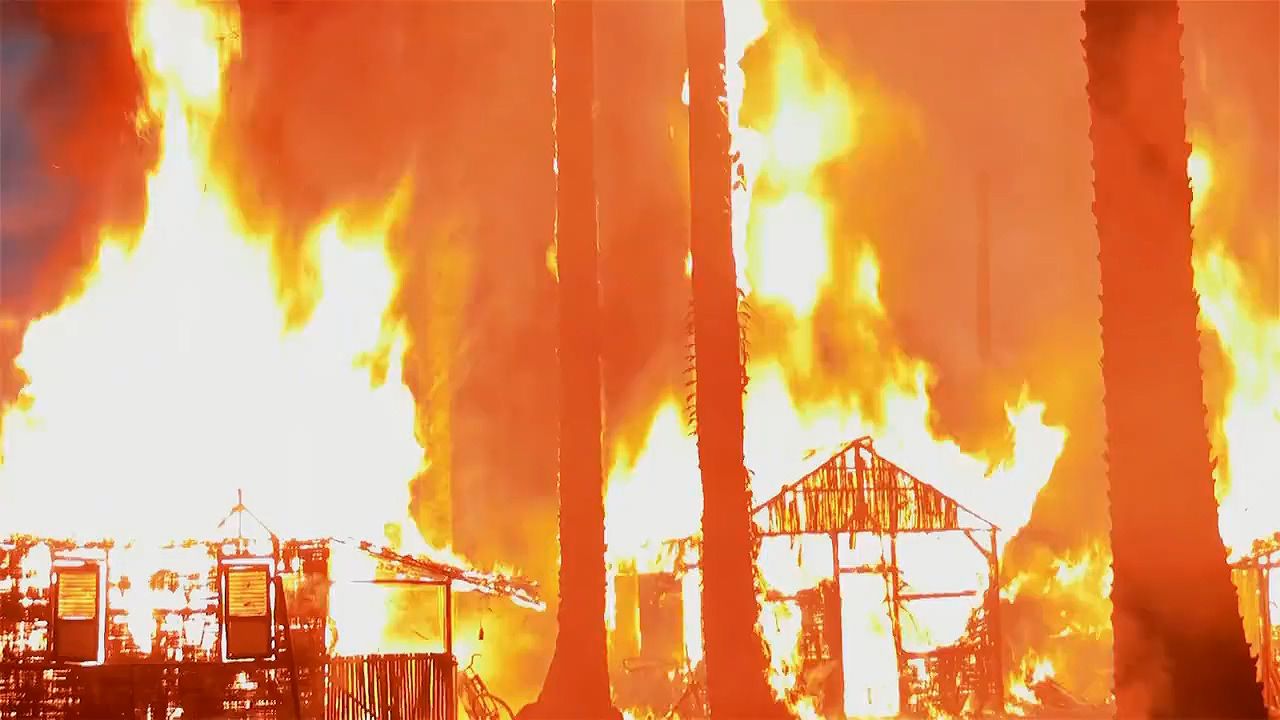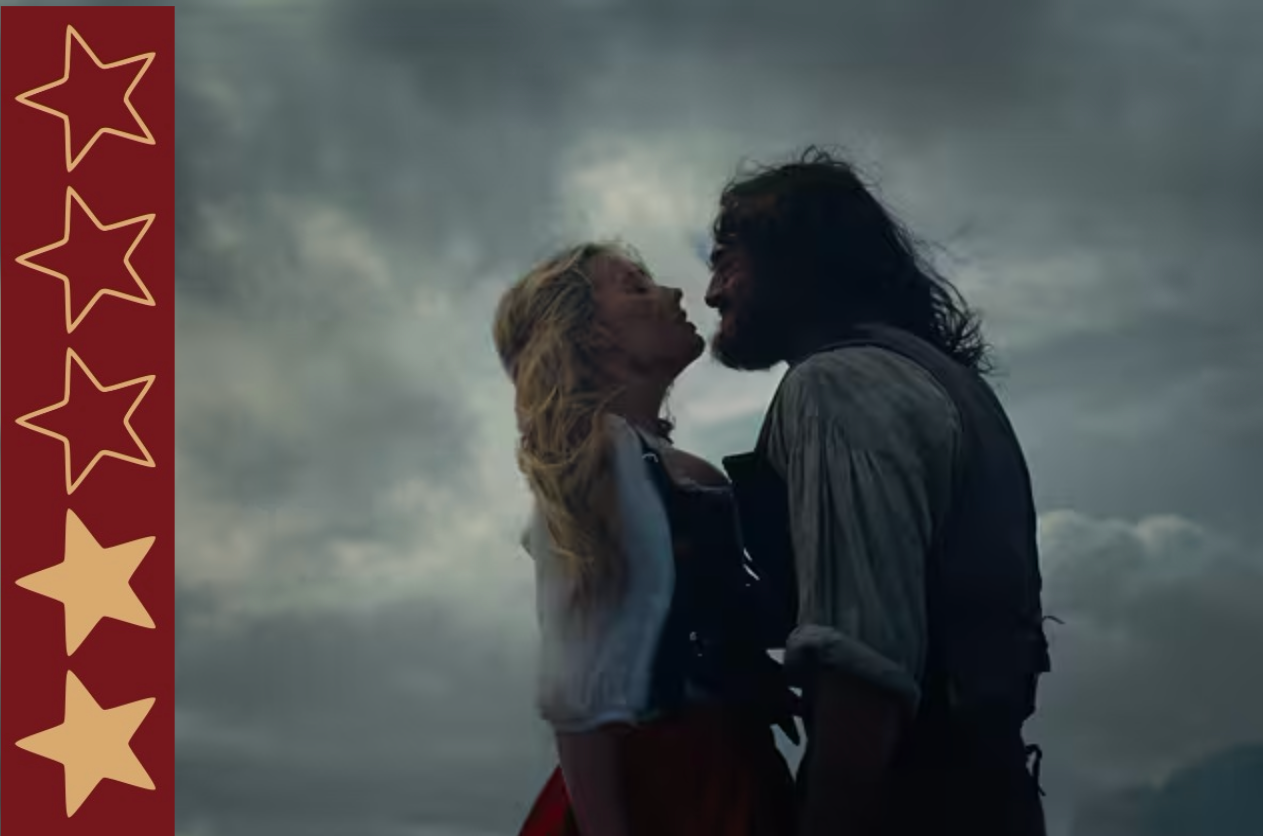By Guy Atoun, Second Year, Law
The dangers associated with the normalisation of the Holocaust in cinema have been discussed at length, but it also raises questions about how much we can understand about history from cinema.
In September 2015, the United Nations General Assembly established 9 December as the International Day of Commemoration and Dignity of the Victims of the Crime of Genocide and of the Prevention of this Crime. Considering the fact that most young people in the UK cannot name a genocide since the Holocaust, I thought it would be appropriate to briefly discuss one of the deadliest genocides in recent years in the context of these two films.
A basic answer to this overall question would of course be no - we can’t base our understanding of history purely on cinema. To simply ground our knowledge of a subject - often incredibly complex and requiring thorough reading and research to comprehend - through a film or documentary would be foolish. Regardless of how powerful a film or documentary may be, it should not distract us from the fact that filmmakers often manipulate the truth to invoke such reactions.

An argument can be made that we should approach cinema in an almost Kantian manner, placing our faith in reasoning rather than emotion. However, it would be silly to assume that cinema exists merely to trigger research into a particular subject, thereby generating robotic reactions.
We often watch films to remind us of the varied emotional reactions we are capable of experiencing, such as empathy. Furthermore, even if people were to watch films that deal with real and perhaps difficult subject matter in a critical perspective, to suggest that they should now embark on further research of their own before they can have a basic understanding and opinion on the subject would be ludicrous. Consequently, a question is raised with regards to where the line should be drawn between these opposing views.
Regardless of how powerful a film or documentary may be, it should not distract us from the fact that filmmakers often manipulate the truth to invoke such reactions
That is, the Indonesian mass killings of 1965-66. These killings were conducted by the armed forces and government of Indonesia over several months and targeted the Communist Party of Indonesia (PKI) members, supposed Communist sympathisers, ethnic Abangan Javanese, ethnic Chinese and alleged leftists. It is estimated to have resulted in over 500,000 fatalities, with some sources even suggesting it to be as high as two to three million.

Both The Act of Killing (2012) and The Look of Silence (2014) tackle this horrifying time of Indonesian history in completely different ways. With regards to the former, the film follows some of the very killers who took part in this genocide as they ‘proudly [tell] us stories about what they did’ through the creation of inventive scenes about the killings. In contrast, The Look of Silence follows a middle-aged Indonesian man, Adi Rukun, whose brother was brutally murdered in the 1965 purge of communists, and his confrontation of the men who carried out the killings.
Despite the similarity in the subject, both films do not intend on generating identical reactions. On one hand, we see the killings from the perspective of a group of ruthless men who display little to no regret for what they did.
We often watch films to remind us of the varied emotional reactions we are capable of experiencing, such as empathy
The recreation of these killings in this film results in some of the most horrendous scenes in the history of cinema. Yet none of these scenes display any actual violence or deaths. The documentation of these recreations cannot be said to normalise these brutal killings because we, as viewers, are left stunned by these individuals’ abilities not only to accept their actions but also to take pride in them. The image of violence and blood is not left in our mind but a comprehension of what evil entails.
Another effective aspect of these recreations is that it does not attempt to produce a cinematic experience out of these killings. The murderers talk us through what they did and there is nothing in these scenes to suggest that it is justified. There are often pauses between their gruesome explanations, suggesting their need of approval from the people who are bearing witness to it i.e. the director Oppenheimer. However, this is seldom achieved as Oppenheimer lets the viewer interpret these events on their own.
Has the Holocaust been normalised in modern cinema?
In complete contrast, The Look of Silence has Rukun often take part in witnessing these recreations himself. In contrast to the disorienting feeling I had with The Act of Killing where I witnessed these killers nonchalantly accept their crimes against humanity, this film invoked a sense of empathy and horror. I cannot even begin to imagine the experience he must have gone through, having to endure every meticulous detail of the execution of people who were in a similar position to his brother. One of the tapes he saw even shows the killers speaking about the process of executing his brother.

What Oppenheimer managed to achieve is very difficult. He essentially presented opposite perspectives i.e. that of evil and of innocent, on the same historical tragedy while allowing the viewer to develop their own perspective on what this event means to them. Accordingly, similar to the conclusion made in my previous article, in order to determine the balance that should be struck in our understanding of historical events through film, we must first - if possible - learn the perspectives of individuals who were witnesses of the specific event. This means that we are not provided answers by filmmakers that may relieve us from critically evaluating the subject.
Instead, we develop an awareness of the impact the historical event had on the people involved which will contribute to our understanding of the subject as a whole. At a time where we are constantly receiving excess amounts of critical arguments and opinions on key social issues, we must not forget the people who were involved and suffered as a result, thus ensuring that their voices are heard through cinema.
Featured - IMDb / Britdoc foundation
Do you agree that we can only understand history from cinema to a very basic extent? Let us know!









